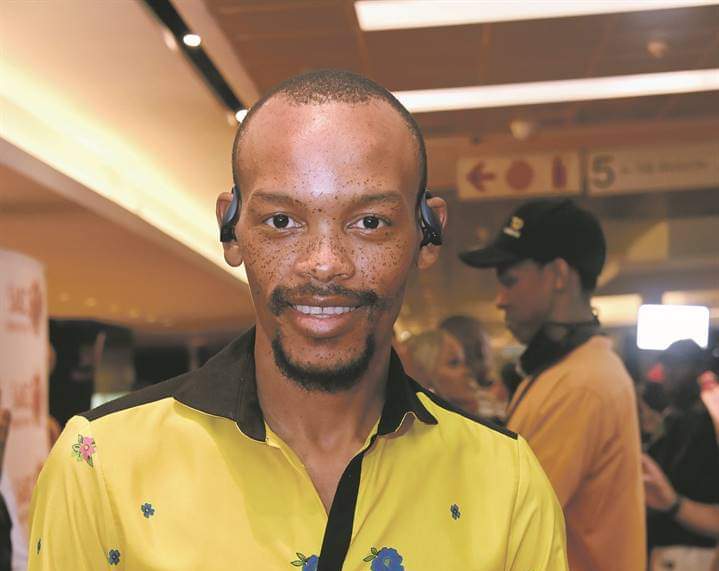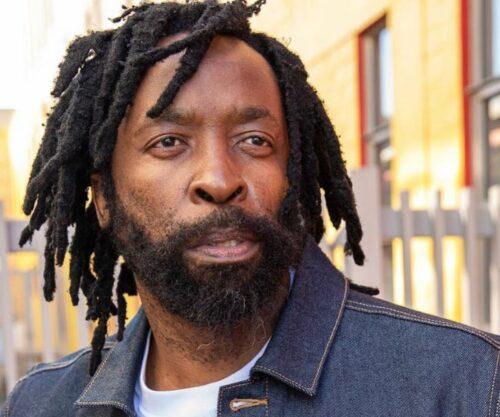
He Says He Was Told to Leave Zimbabwe in Five Days—But Mzansi Isn’t Convinced
When Nota Baloyi took to his social channel to share what he described as a shock visit to Zimbabwe, he expected headlines. Instead, he stirred up a wave of scepticism and memes across South Africa.
The Claim: Five Days in Zimbabwe and a Passport Note
During his post, Baloyi claimed that on arriving in Zimbabwe, he was effectively blacklisted. He said officials handed him a form or left notes in his passport ordering him to leave within five days of his visit. That would be highly unusual for travellers from South Africa, especially given typical visa-free stays in neighbouring countries.
Mzansi’s Reaction: Trolls, Memes, and “You Lie Too Much”
South African social media users reacted fast and became their usual blunt selves. Several pointed out that Zimbabwe often grants 30 or even 90 days on arrival for South African visitors; none of the commenters had ever encountered a sudden five-day deadline or interview at immigration. Some went further, calling Baloyi out for what they see as habitual exaggeration. One comment put it plainly: “You lie too much.”
A Background Check: Why It Raised Eyebrows
For frequent travellers in the Southern African region, the notion of being told to leave in five days is off script. Zimbabwe offers a relatively straightforward entry for South African citizens with no advanced paperwork. Meanwhile, Baloyi’s recent history of controversy—including the revocation of his US visa—adds context to why this claim didn’t land without pushback.
When I went to Zimbabwe they gave me 5days to leave… Hand written in my South African passport!
— MORAL Authority (@lavidaNOTA) October 20, 2025
What This Tells Us: Reputation, Credibility, and the Internet Echo Chamber
This isn’t just about one claim. It shines a light on how a public figure’s story can be met with scepticism if they’ve built a reputation of pushing boundaries or making bold statements. In the age of screenshots and instant replies, the court of social media now demands credibility and consistency. Baloyi’s Zimbabwe story is the latest chapter in a digital tussle over trust and what counts as truth.
Whether True or Not, The Fallout Speaks Volumes
Whatever the full facts of the trip to Zimbabwe may be, the comments, jokes, and memes tell us plenty about how this story landed in South Africa. In the end, the public reaction matters as much as the original claim. For Baloyi, it’s a reminder: when you’ve got an ear to the internet, every word is up for review.
Source: Briefly News
Featured Image: X (formerly known as Twitter)/NOTA BALOYI




